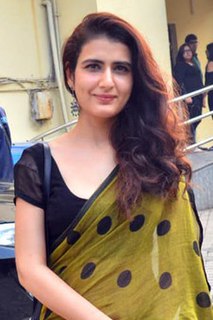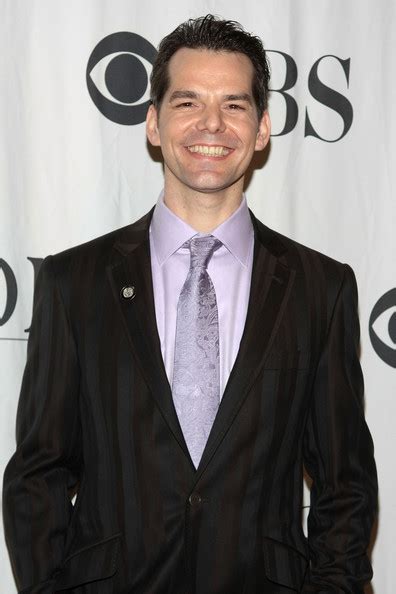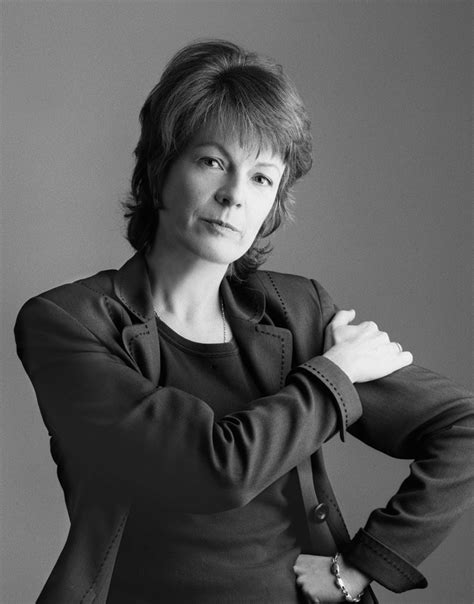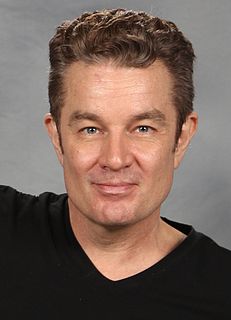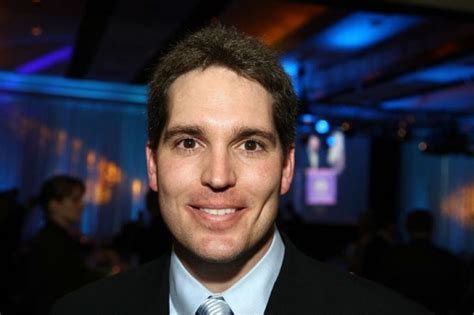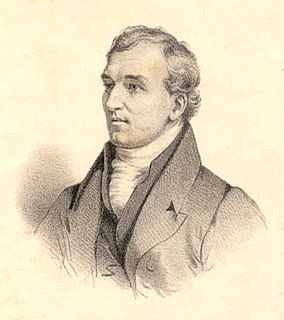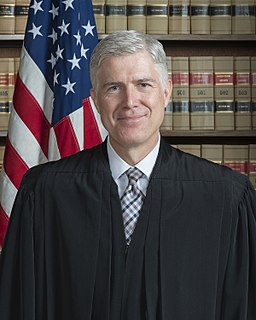A Quote by Fatima Sana Shaikh
I thought of learning cinematography, so I assisted a cinematographer for an ad.
Quote Topics
Related Quotes
I was not getting work, even after auditioning for films. So I started working in a studio as a photographer; I assisted a cinematographer for two ads. I was thinking that I will get into photography or cinematography or assist someone. But then the 'Dangal' offer came, and I was busy with the auditions.
As important as it is to learn the techniques of cinematography, you also have to learn how to deal with the movie set, with show business. I came up with a cinematographer who is very talented, but she was never quite able to handle everything else you have to do - dealing with the producer and the crew and the time frame that you have to follow.
I'm not an ad-libber. If I'm asked to ad-lib, I can ad-lib forever and it's really fun to do that, but I find that well-written scripts are put together very carefully. Once you start to ad-lib and add words to sentences, there's a slacking that happens. When it's good writing, it's taut. I'm not judging people who do ad-lib.
Imagine you're watching '30 Rock' and an ad comes on, but you don't like it. With Hulu Ad Swap, you can actually click the button and trade out the ad. So for the first time ever, a consumer is in control of their ad experience. For us, it's a big win because users are able to take control of what they see.
